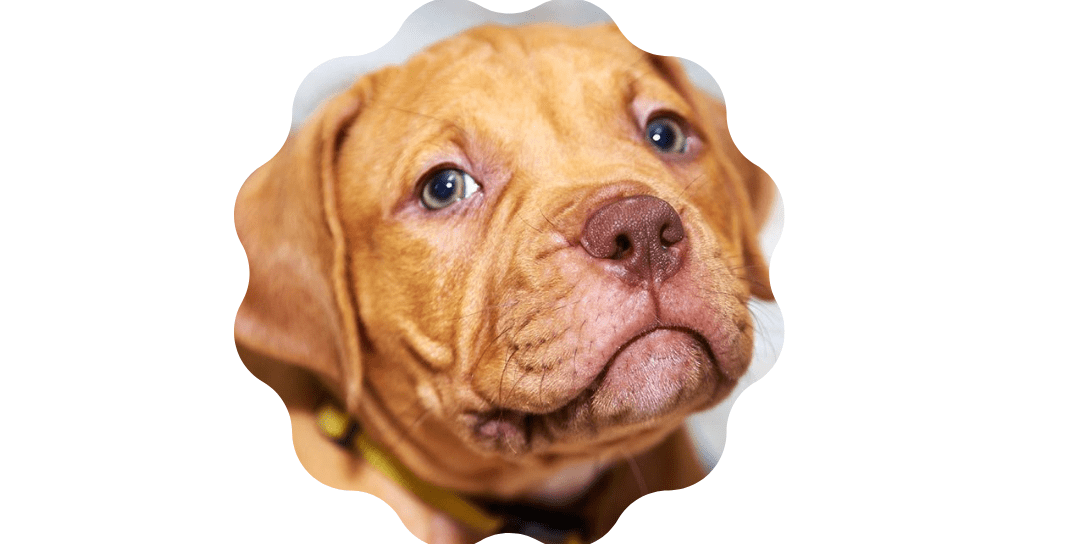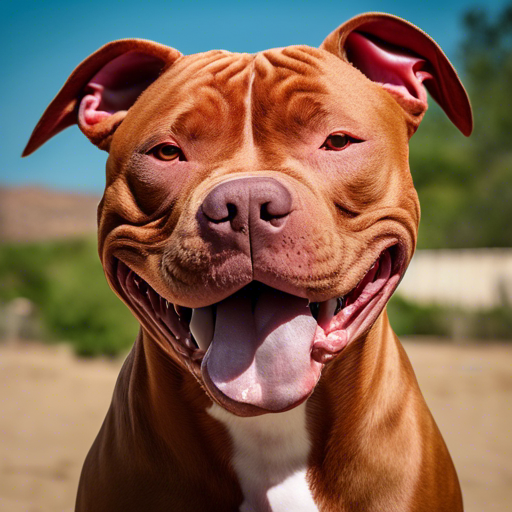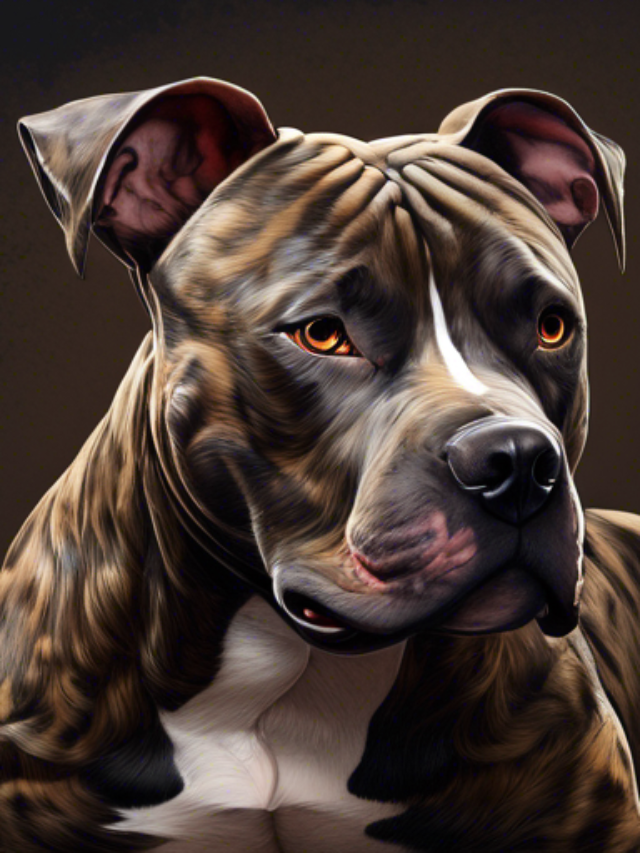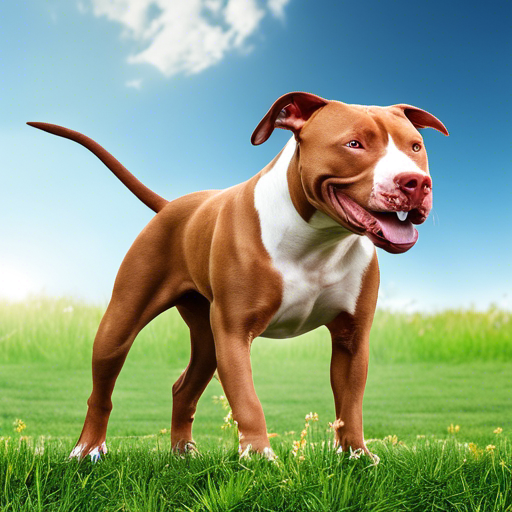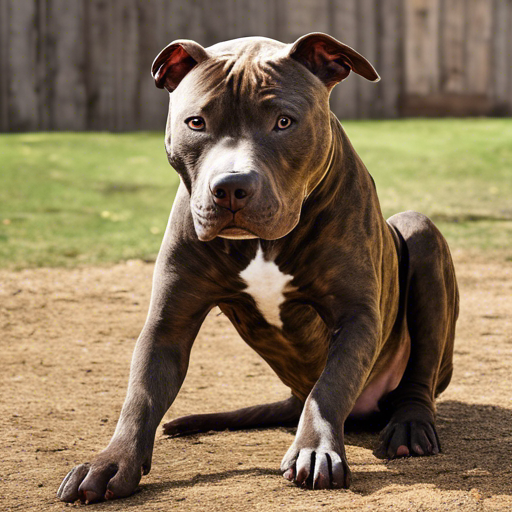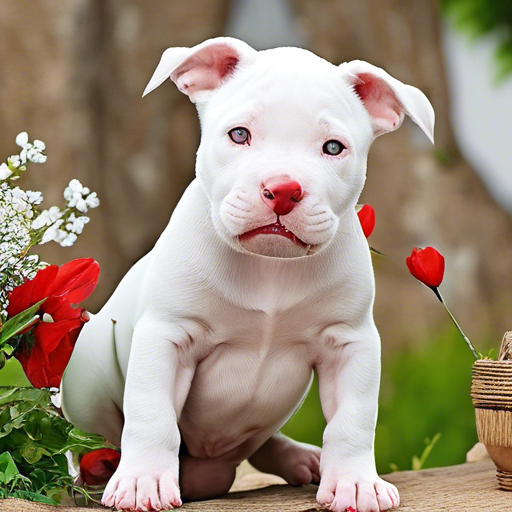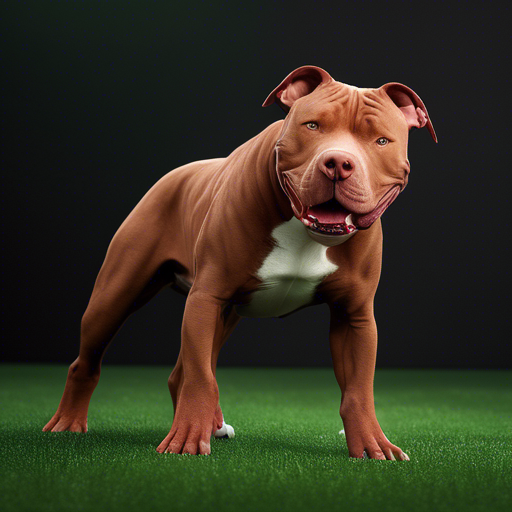the red nose pitbull- the history of red nose pitbull
Introduction to Red Nose Pitbulls
Red Nose Pitbulls, often simply referred to as “Red Noses,” are a specific line of American Pitbull Terriers known for their distinctive red-colored noses. Beyond their unique appearance, these dogs possess a rich history that intertwines with human culture and companionship.
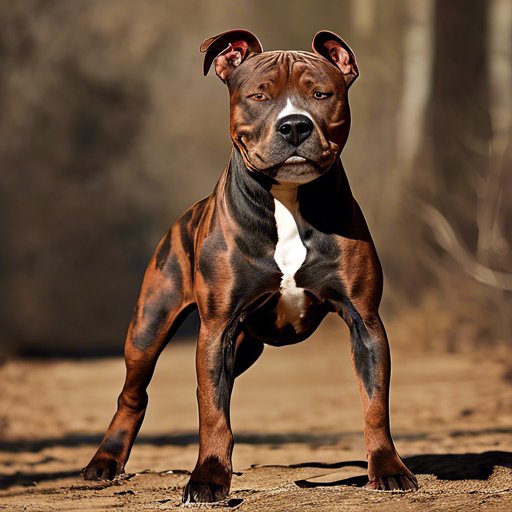
Origins of Red Nose Pitbulls
Early History
The history of Red Nose Pitbulls traces back to early 19th-century Ireland and England. These dogs were originally bred for various purposes, including hunting, herding, and as loyal companions. Their ancestors were likely a combination of the Old English Bulldog and various terrier breeds.
The Role of Irish Terriers
Irish immigrants brought their beloved dogs, including Irish Terriers, to America in the mid-19th century. These dogs played a significant role in the development of the Red Nose Pitbull lineage, contributing to their distinctive physical traits and temperament.
Development in America
In the United States, Red Nose Pitbulls were further refined through selective breeding for specific traits, including their iconic red noses. Breeders aimed to produce dogs with not only excellent physical attributes but also gentle temperaments suitable for family life.
Characteristics of Red Nose Pitbulls
Physical Appearance
Red Nose Pitbulls are medium-sized dogs with a muscular build and a sleek, short coat. As their name suggests, their defining feature is their reddish-brown nose, which sets them apart from other Pitbull variations. They typically have almond-shaped eyes and a broad, expressive face.
Temperament
Contrary to popular misconceptions, Red Nose Pitbulls are affectionate, loyal, and highly trainable dogs. They are known for their intelligence and eagerness to please their owners. With proper socialization and training, they can be excellent family pets and companions for individuals of all ages.
Health Considerations
Like all dog breeds, Red Nose Pitbulls may be prone to certain health issues, including hip dysplasia, allergies, and skin conditions. Responsible breeders prioritize the health and well-being of their dogs through proper screening and genetic testing to minimize the risk of hereditary diseases.
Popularity and Misconceptions
Media Influence
Despite their loyal nature, Red Nose Pitbulls have often been portrayed negatively in the media, perpetuating myths about their aggression and danger. However, responsible ownership and proper training are far more significant factors in a dog’s behavior than their breed alone.
Legal Restrictions
In some regions, breed-specific legislation (BSL) has been enacted targeting Pitbull-type dogs, including Red Noses. These laws impose restrictions or outright bans on ownership based solely on breed, rather than individual behavior or temperament.
Red Nose Pitbulls as Family Pets
Training and Socialization
Early socialization and consistent, positive training are essential for raising a well-behaved Red Nose Pitbull. Positive reinforcement techniques, such as reward-based training, help foster a strong bond between the dog and its owner while reinforcing desirable behaviors.
Living Environment
Red Nose Pitbulls thrive in environments where they receive ample exercise, mental stimulation, and companionship. They enjoy participating in various activities with their families, whether it’s going for long walks, playing fetch, or engaging in interactive games.
Red Nose Pitbulls in Sports and Work
Historical Roles
Historically, Red Nose Pitbulls were employed in various working roles, including as farm dogs, guardians, and even as circus performers. Their intelligence, agility, and strength made them well-suited for tasks ranging from herding livestock to performing tricks.
Modern Activities
In modern times, Red Nose Pitbulls continue to excel in various sports and activities, such as obedience trials, agility competitions, and scent work. Their versatility and eagerness to please make them ideal candidates for training in a wide range of disciplines.
Breeding and Responsible Ownership
Ethical Considerations
Responsible breeding practices are essential for maintaining the health and integrity of the Red Nose Pitbull breed. Reputable breeders prioritize the health, temperament, and overall well-being of their dogs, carefully selecting mating pairs to produce healthy offspring with desirable traits.
Finding Reputable Breeders
Prospective Red Nose Pitbull owners should research breeders thoroughly, seeking out those who prioritize health testing, proper socialization, and ongoing support for puppy buyers. Visiting the breeder’s facilities, meeting the parent dogs, and asking questions about their breeding practices can help ensure a positive experience and a healthy puppy.
Conclusion
In conclusion, the history of Red Nose Pitbulls is one of resilience, companionship, and versatility. Despite enduring misconceptions and legal challenges, these dogs continue to enrich the lives of their owners with their unwavering loyalty, affectionate nature, and impressive abilities.
